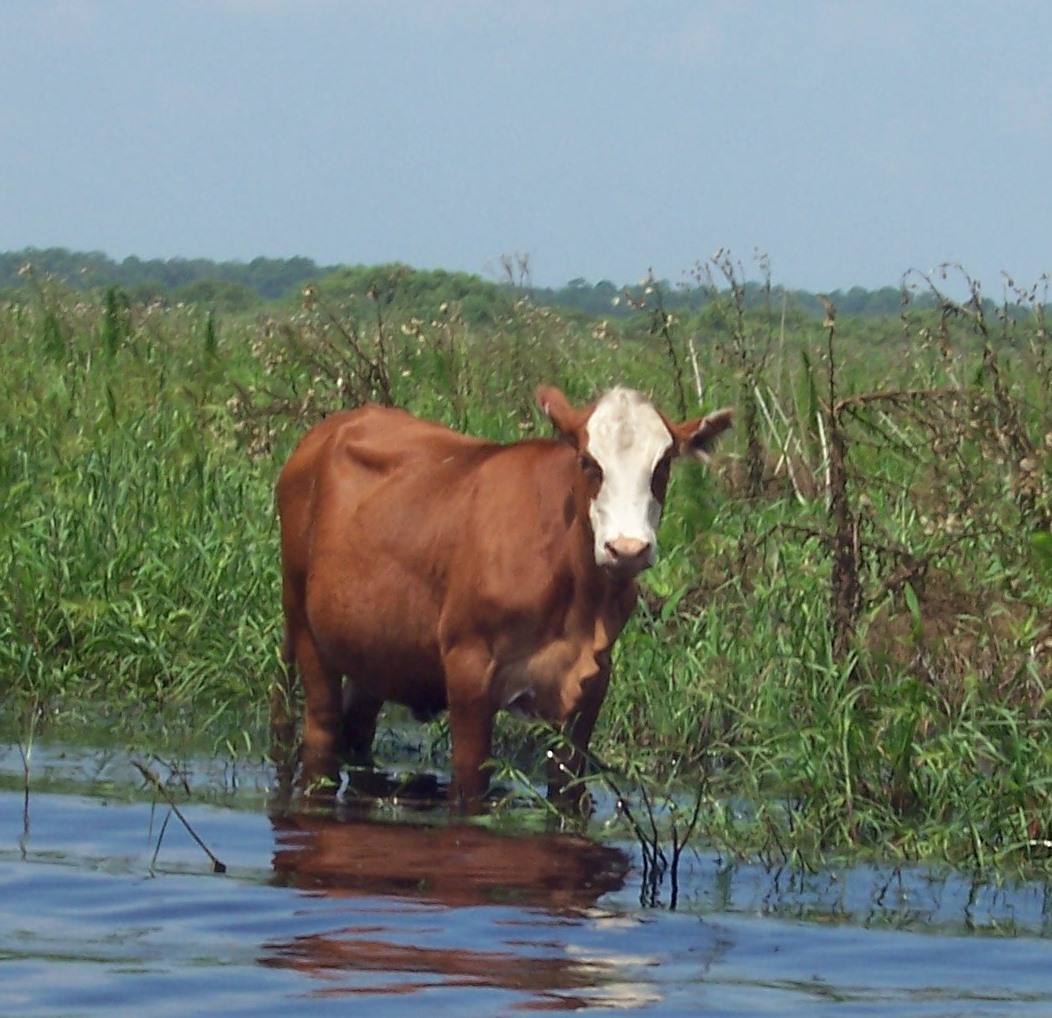Finding Your Own Personal God
By Bob Davis
“It is the heart which experiences God, and not the reason.”
-Blaise Pascal
There is a story about a Hindu sage who radiated a palpable sense of peace and love to all those in his presence. One day the sage was visited by a poor farmer who lamented that he felt no love for God. He had no heart for worship and found religious observances meaningless. At the same time, he wished he were devout and believed that the spiritual sense he lacked would make him a happier man. In short, he yearned to see God even though he didn’t believe in God.
“Forget God,” the sage told him. “What do you love?”
The farmer was bewildered. He looked at the sage and stammered, “I . . . I don’t know.”
“Come, come,” said the sage, “you must love something. Now think, think what it is you love.”
The farmer thought about it. At last he said, “I am very poor, my beloved wife is dead, and I have no children. Life has dealt me many hard blows. All that I own besides my hut and an acre of land is a cow. I guess I love my cow. Other than her, I can’t think of one thing I love.”
 “If you love your cow,” said the sage, “then your cow is God. Go and worship your cow.”
“If you love your cow,” said the sage, “then your cow is God. Go and worship your cow.”
When the farmer left, he could not help thinking that the sage’s advice was crazy. My cow is God? How ridiculous! Nevertheless, he was at his wit’s end, having lived a squalid life in which he barely earned enough to eat and keep a roof over his head. Without a wife, children, and a sense of God, he was unhappy and lonely and couldn’t imagine feeling more miserable. She he decided to give this harebrained scheme a try. What did he have to lose? He would see if there was any logic to the holy man’s madness.
“All right, God,” he said to his emaciated cow as she grazed on a patch of parched grass. “Show me your stuff! Speak to me! Give me some words of wisdom!”
Of course, the cow said nothing but only glanced at the farmer with a hungry look in her eyes. He noticed, then, what a scrawny beast she was. He went into his hut and cooked a bowl of rice and lentils and brought it to the cow. As the cow ate the food–a welcome change from the parched grass–the farmer knelt before her in an attitude of prayer. Wait! Were the neighbors watching? He looked furtively about and, seeing that the coast was clear, brought the palms of his hands together and gazed at the cow, remembering the love he once felt for his young wife.
Each day after that, when he wasn’t working, he spent his time feeding his cow homemade meals and kneeling reverently before her as she ate. He gazed at this creature, summoning the affection he had for his wife when he was happily married. he petted the cow and thanked her for being alive. At night, instead of retiring to his hut, he slept outside in the field, beside the cow.
After a month of this, he returned to the sage. “I can’t believe it,” said the farmer. “I feel blessed to have my cow. I love her as much as I loved my wife. I sing praises to my cow each morning and each night. Oh, I’m sure they aren’t devout by your standards and I don’t have much of a voice, but it does my heart so much good to sing to my cow. And when I’m away from her, in the village or working in the far corner of my field, I see my cow before me, in the sheaves of wheat I grow, in the villagers’ faces, in the sky–everywhere! I feel like a new man!”
This story illustrates an important principle for those of us who aren’t particularly religious yet wish to have a more reverent sense of life. If you find no personal meaning in the symbols, doctrines, and practices of institutions, but you want to experience your devotional nature and those loving feelings that bring joy and peace of mind, you can follow the example of the poor farmer. Now there’s no need to rush out and buy a cow! Instead, ask yourself what it is you love and then open your heart to your own beloved. It may be your calico cat or your loyal English setter or garden-variety mongrel who likes to sleep by your feet. It may be a friend or child, the potted geranium in your bedroom or flowering forsythia bush in your yard. It may be the photograph of a departed loved one or a picture of a stranger who projects a captivating serenity and grace. Whatever or whoever stirs a loving sense in your heart is worthy of your adoration, just as the cow was for the farmer.
Love, that most relaxing energy, is a personal affair. Forcing yourself to love something to which you don’t relate is, in a sense, to deny your individuality. Human beings are as unique as snowflakes, and each of us must honor his or her own inclinations. Otherwise we are wasting our time and working against heartfelt impulses.
If God is love, then what you love is the embodiment of God. That is the essence of the story of the farmer and his cow. Each of us must find his or her own cow in order to cultivate our loving natures and begin to experience a sense of the divine and the serene gratitude that accompanies this sense. What you love is a springboard to spiritual insight, a tangible means to the realm of the sacred.
Try this:
Ask yourself what awakens your deepest affection. If you need to, make a list of the creatures and things you love, and select the item that most inspires your gratitude. Then spend some time each day with that person, animal, plant, or object. Whatever you have selected, the test of its capacity to evoke your love is this: while in its presence, you should feel relaxed and uninhibited. Once you’re sure this is the case, gaze calmly at whatever you have chosen and imagine a path or taproot connecting your eyes to your heart. Let your seeing be from the heart, and if you can touch the object, imagine your hand connected to your heart.
This exercise may be easier if you have chosen something other than a person as your beloved (an exception might be an infant). Unless you have a partner, friends, or lover who is agreeable and available, you are better off choosing someone or something with whom you do not feel at all self-conscious. If your love object is a pet, spend time stroking its body. This will calm you as well as the animal. (It’s a medically confirmed fact that petting a friendly cat or dog lowers one’s blood pressure.) The main thing is to use your senses of sight and touch affectionately by putting your heart into them.
If you faithfully practice this exercise, you will soon experience a melting sensation in the region of your heart and a relaxed sense of being. As a result, you will be more at peace with yourself and with the world.


